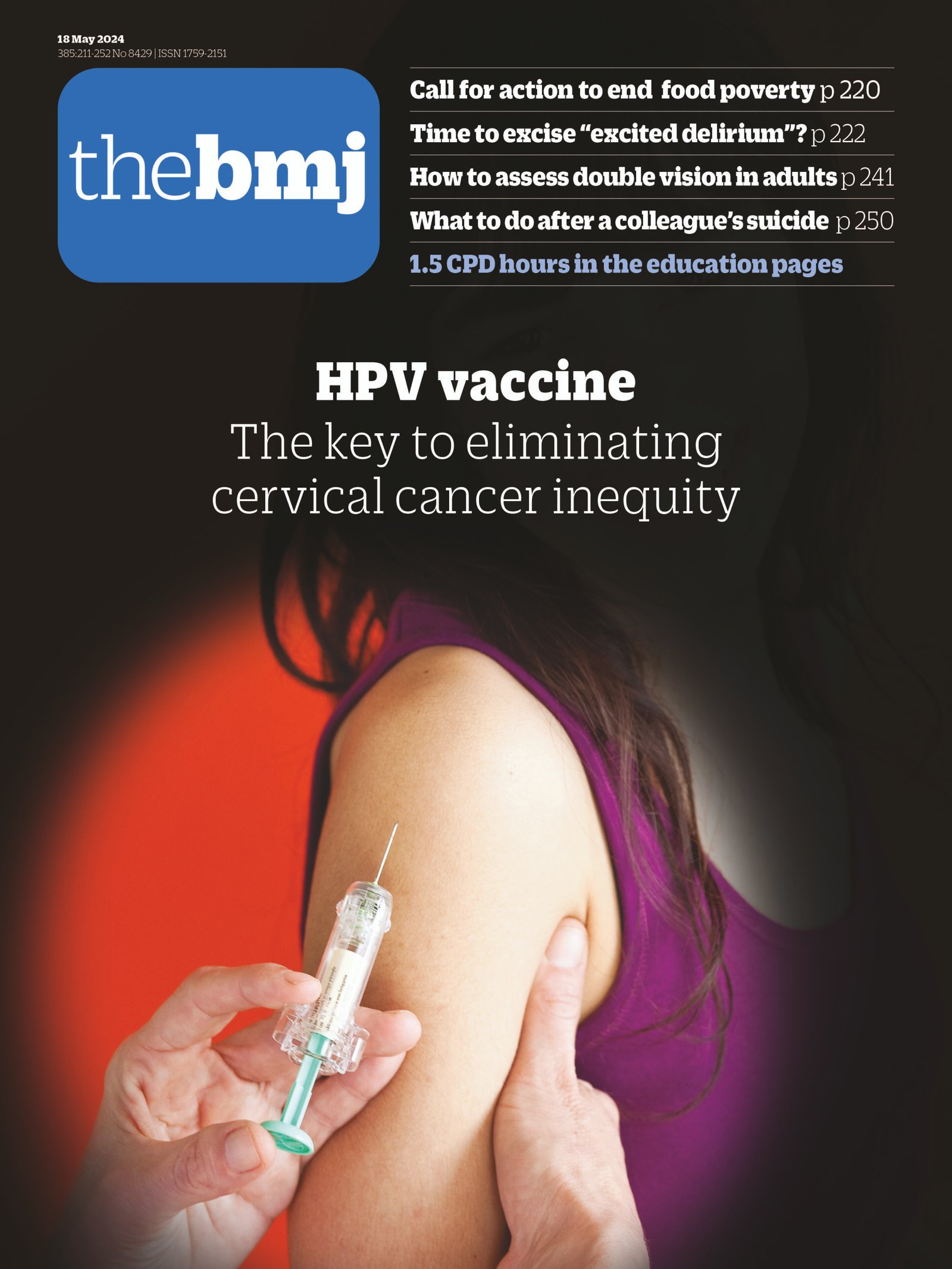The timeline for heart disease is sped up in people of South Asian ethnicity, and part of the answer for why may lie with faulty repairs to blood vessel damage, a new Canadian study suggests.
Cardiovascular disease affects the heart and blood vessels and can lead to the need for bypass surgery and other treatments.
Researchers previously estimated that people from the Indian subcontinent — including India, Pakistan, Bangladesh, Sri Lanka and more than 50 other South Asian origins, representing a quarter of the world’s population — get cardiovascular disease about five to 10 years sooner than white European patients and that their death rates are higher after a heart attack.
In Monday’s issue of the Journal of the American College of Cardiology, researchers from Canada, the United States and Ireland report that South Asian patients with either heart disease or diabetes had fewer vascular regenerative and reparative cells compared with white patients.

The findings “suggest that there is something unique about South Asian individuals that really puts them at risk in part through their inability to mount an adequate reparative response,” said study co-author Dr. Subodh Verma, a cardiac surgeon at St. Michael’s Hospital in Toronto and a professor at the University of Toronto.
The study compared 60 adults who self-identified as South Asian with 60 white Europeans in primary care or outpatient cardiology clinics in the Toronto area with either documented cardiovascular disease or established diabetes, with at least one risk factor for heart disease.
Vastly reduced stem cells
David Hess, an affiliate scientist at St. Michael’s Hospital and a professor in the department of physiology and pharmacology at Western University in London, Ont., found a way to look at blood cells from patient samples and use different markers to pick out key stem cells.
“There are three different types that we look at, and the two most important types of stem cells were vastly reduced in South Asian subjects in comparison to the white European subjects,” Hess said. “This would suggest or indicate they would have a reduced ability to repair and regenerate their blood vessels in response to their diabetes.”
When Verma, Hess and their co-authors took risk factors such as weight, age, gender and obesity into account in their analysis, they still found a deficiency in the repair process.
Dr. Jaideep Patel, a Canadian preventive cardiologist at Johns Hopkins Hospital in Baltimore who was not involved in the latest study, was part of an expert panel in 2023 on managing atherosclerotic cardiovascular disease in South Asian populations in the U.S.
“Taken together, the results of this study remain novel,” Patel said in an email, commending the authors for their efforts.
‘Clock for cardiovascular risk is accelerated’
Patel said beyond the small sample size, a major limitation with the study is that it did not include healthy participants, so it isn’t known if the presence of atherosclerotic cardiovascular disease or other risk factors affect stem cells differently.
More research is needed to prove that the lower level of stem cells causes poorer blood vessels and an increased risk of heart complications.
A woman in Canada dies of heart disease every 22 minutes, and most don’t have to. CBC’s Ioanna Roumeliotis explores why so many women are underdiagnosed and what they can do to protect themselves.
For now, Verma said, it’s important for everyone to be aware of their risk factors, including family history or those risk factors they acquire — such as smoking, diabetes, low physical activity, high stress, hypertension or high blood pressure.
“The clock for cardiovascular risk is accelerated in South Asians,” he said.
Patel added female-specific risk factors, such as polycystic ovary syndrome, gestational hypertension and gestational diabetes, to the list.
Those at higher risk can be more watchful, both physicians suggested.
The study’s authors next hope to tackle whether the biological difference they’ve found can be used to identify people at earlier risk and check if there are specific treatments that can be given earlier.
The study was funded by the Heart and Stroke Foundation of Canada and the Canadian Institutes of Health Research.










